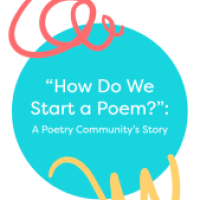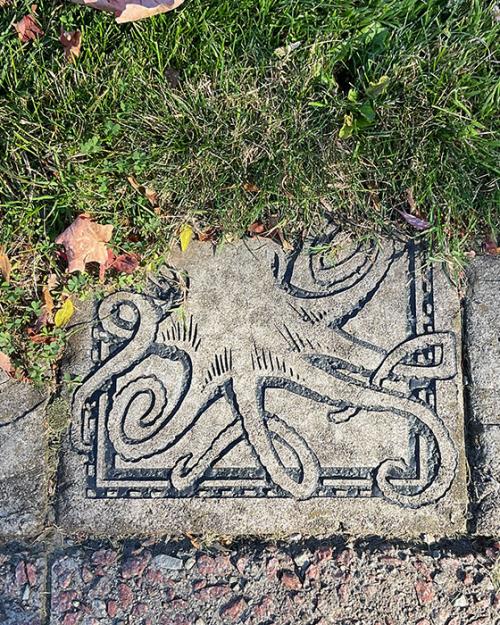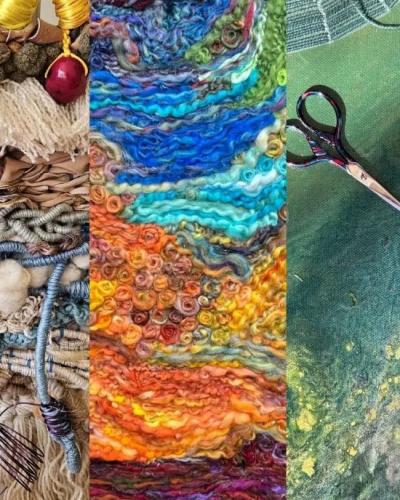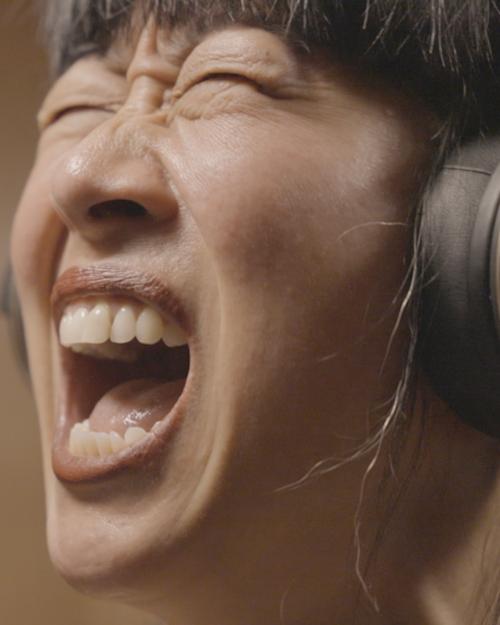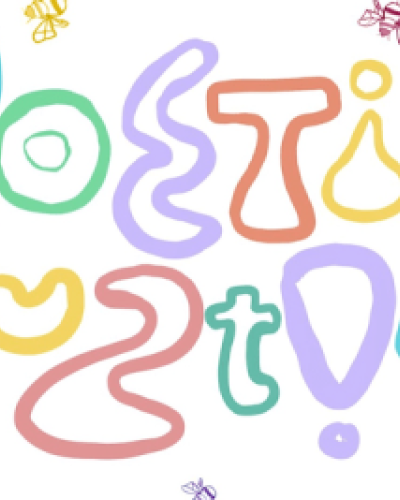Spearheaded by 2020 Spring Seminar participant Shaloni Pinto (ILR, '20), the Poetic Justice project built on Cornell’s long-standing collaboration with George Junior Republic High School in Freeville, NY.
Pinto's experiences are detailed in the linked online booklet, a digitized version of her essay titled "'How Do We Start a Poem?': A Poetry Community’s Story." In the essay, Pinto writes of her summer guiding students at the George Junior Republic High School through interpretation of the very poems that became influential during the program. The essay culminates with a poem written by Pinto herself, reflecting back themes of growth from her participation.Poetic Justice operates both as an interactive online teaching tool and as a club for students at the George Junior Republic High School interested in reading and writing poetry. The high school, originally founded as an "agrarian republic," exists as a separate entity from the William George Agency for Children’s Services, but some students are part of that residential program. The residential William George Agency seeks to create a safe environment for youth with diverse personal situations, individuals with disabilities, or those who have experienced trauma or abuse.
To embrace the diverse perspectives of the students at the high school, Pinto and other Cornell student participants alongside their community partners—staff members at the high school—sought to create an environment where each student felt motivated to share stories through the interpretation and creation of poetry.
Community partner Karen McLaughlin attributes the success of the program to the fact that “students could sit with someone and have that person listen to them. Poetic Justice had smaller groups than their classroom environment which made it easier to create one-on-one connections between each other.”
Speaking of her experience working alongside students at the high school, Pinto emphasizes the collaborative nature of the program:
"I never “taught” a poem and was careful to avoid a definitive role as the interpreter of its intentions. Our knowledge of our poems stemmed from discussion. Similarly, our original poetry frequently stemmed from our participation in our writing exercises. Almost all of our writing exercises were focused on the question, 'How do we start a poem?'"
After the COVID-19 pandemic hit and Poetic Justice activities were forced to move online, Shaloni Pinto created the Poetry After School online resource. In the future, students and participants in the program will be able to use the website to publish their original poetry.
Read more in "'How Do We Start a Poem?': A Poetry Community’s Story" embedded below:
Funded by Humanities New York, Community Partnership Grants pair Cornell students with a regional organizations, such as a libraries, community centers, and museums, to support campus-community collaborative public humanities projects.
Shaloni Pinto is a graduate of Cornell University, with a B.S. in Industrial and Labor Relations and minors in Law and Society and English.

